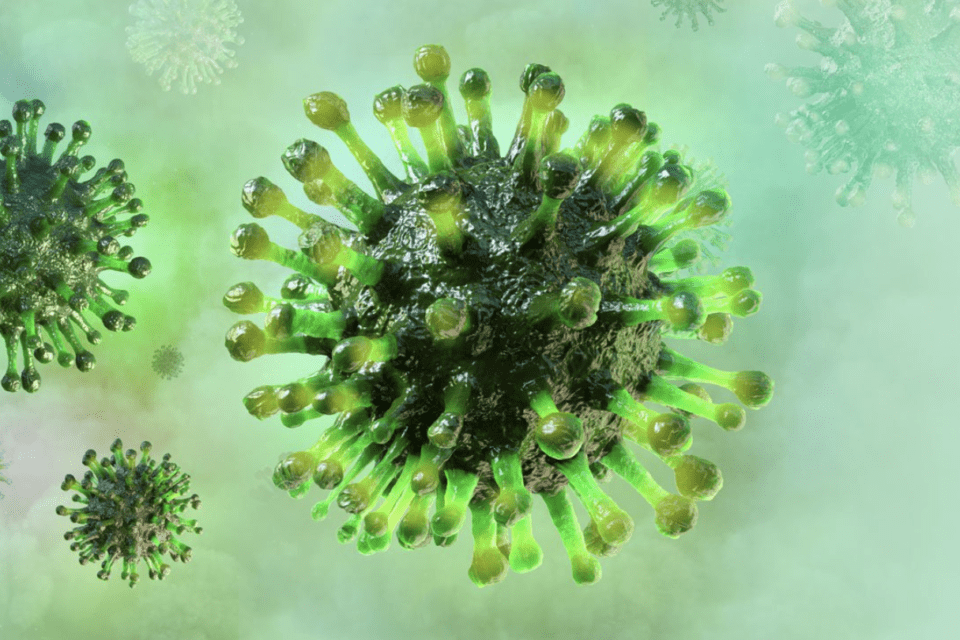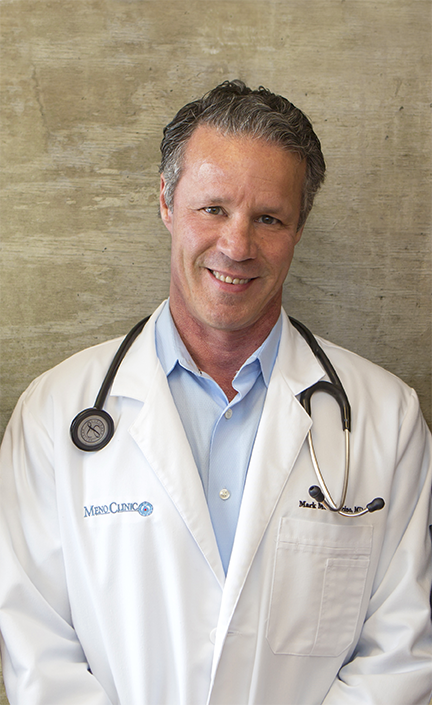
JACKSON, Wyo. — You’re quarantining. You’re social distancing. You’ve suddenly become an expert on which N95 medical mask is best and what hand sanitizer kills surface germs for the longest time.
But are you ready? What steps can you take now to make sure your immune system is prepared to wage war with coronavirus, influenza, or the common cold?
It’s a fearful time filled with conflicting messages. Some victims of COVID-19 reportedly feel barely any symptoms at all and recover quickly. Others, seemingly healthy, cling to life with a ventilator breathing for them. Why? Is it blood type, age, underlying health factors?
Dr. Mark Menolascino is the Medical Director of the Meno Clinic – Center for Functional Medicine. He has over 35 years of healthcare experience. He is one of the very few physicians that is board certified as an Internal Medicine Specialist as well as a board-certified Holistic Medicine practitioner. Additionally, Menolascino has a Master’s Degree in Pharmacology and Immunology.
“You need every advantage against getting the virus and if you are unfortunate to be infected, you want your immune system to be as strong as possible to kill it,” Menolascino says. “There are key nutrients that are crucial to support immune cell function. Without them, many crucial biochemical processes to strengthen your immune system would not happen. These nutrients control how food and oxygen are converted into energy and also send messages to other components within the cell, such as helping the cell to perform specific functions to optimize your immunes system’s ability to kill a virus, including the coronavirus.”
Menolascino points to the immune system’s three ‘warriors’— Natural Killer Cells (cells tasked with fighting aggressors), Macrophages (defensive cells within white blood cells) and T-Cells (immune response cells) that are your best defense.
To keep these cells at their fighting best, Dr. Mark suggests vitamin D, vitamin C, zinc, and certain probiotics that play a crucial role in a healthy immune defense and response. There are also several natural remedies that have shown benefit in boosting immune response, he says.
Dying to stay alive

Menolascino also warns against self-medicating and extreme measures taken by some as they try to sift through the social media hysteria to gain comfort in a remedy or a vaccine.
A Phoenix-area man and his wife poisoned themselves after taking chloroquine phosphate, an additive used to clean fish tanks.
The couple mistakenly believed the substance to be hydroxychloroquine, the derivative found in an anti-malaria medication that’s been touted by President Donald Trump as a treatment for COVID-19.
Rushed clinical trials of chloroquine and hydroxychloroquine have already spurred several US states to take measures to prevent shortages of the pharmaceuticals. The drug-maker Bayer donated some 3 million doses of Resochin, its brand name for chloroquine, to the federal government
But is it the panacea everyone has been hoping for?
“I think the message is: When you need medicine, you have to take the right ones, and ones that are proven. And it doesn’t mean you reach for anything,” Menolascino says. “And I am very suspicious of the clinical trials. The trials done on this were concluded, written, submitted and published in three days. That never happens. It was fast-tracked using cherry-picked data.”
The medicine itself used in these anti-malarials is relatively safe, especially the less toxic hydroxychloroquine, but hoarding it or taking it unnecessarily means someone else is not getting it.
“And that’s the bigger crime here—taking something that doesn’t work and depriving others of a proven medication,” Menolascino says. “People who need hydroxychloroquine for rheumatoid arthritis are not able to get it.
Menolascino was working in the ICU in Phoenix during the 2003 SARS infection outbreak in the U.S. the combination of chloroquine and hydroxychloroquine was used then to some success. But what Menolascino remembers most is how slammed the hospital was.
“We had every bed full on four ICU floors, and had to borrow older equipment and open another ICU on a different floor of the hospital to accommodate the severely ill patients with pneumonia. Our emergency room was so overwhelmed that we had a 27-hour wait to be seen by a physician,” he says.
Final observations
“Wash your hands, eat clean food. Take supplements. Do what you can to boost your immune system,” is the best advise right now from Dr. Menolascino.
He also notes that younger people are going to intensive care sick with the virus. The notion that those over 50 are most susceptible is losing credibility in the U.S. as compared to, say, Italy.
“Children under 10 appear to be somewhat protected but teens, young adults—their behavior is as important as any other age group,” Menolascino adds.



